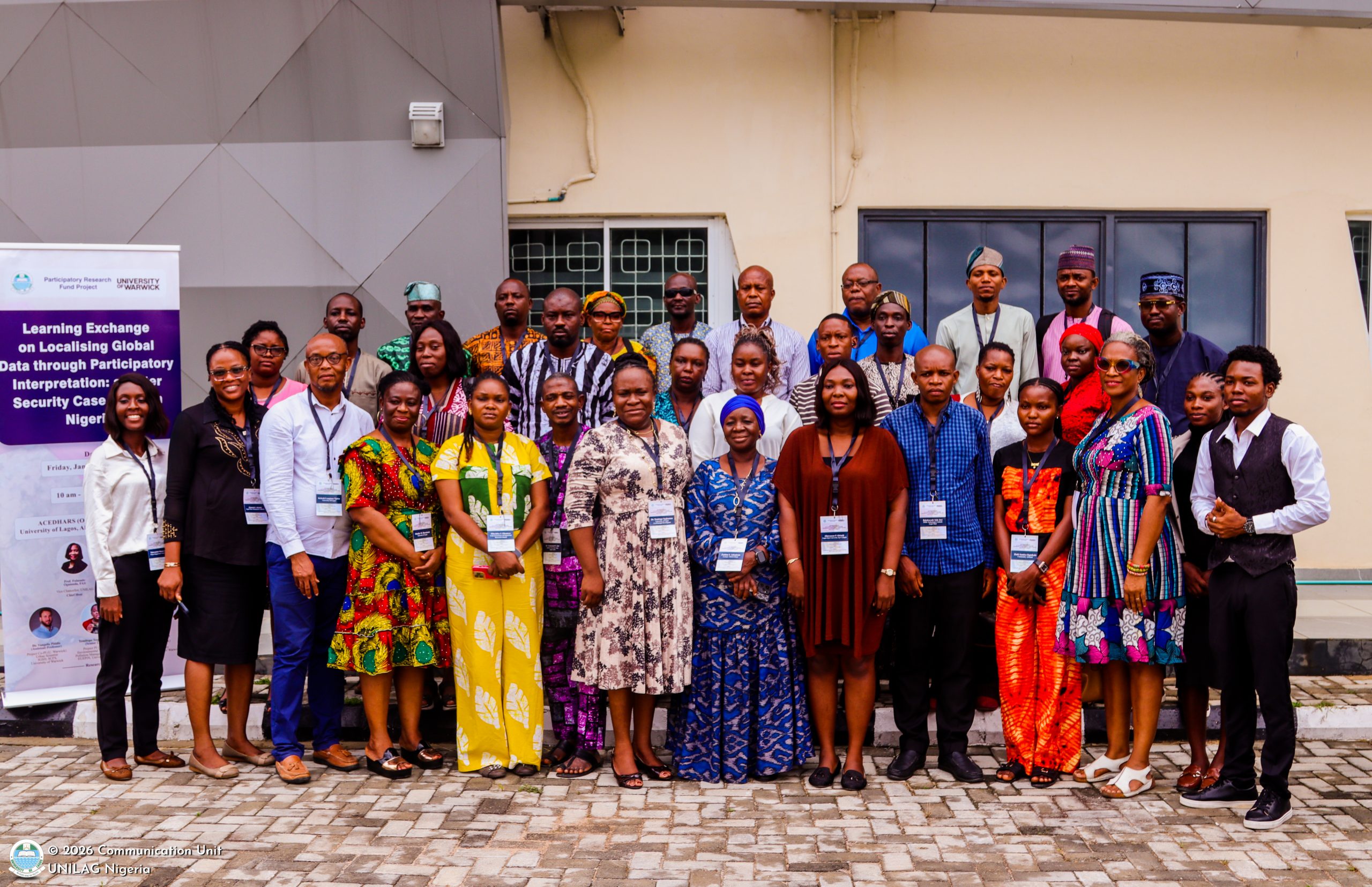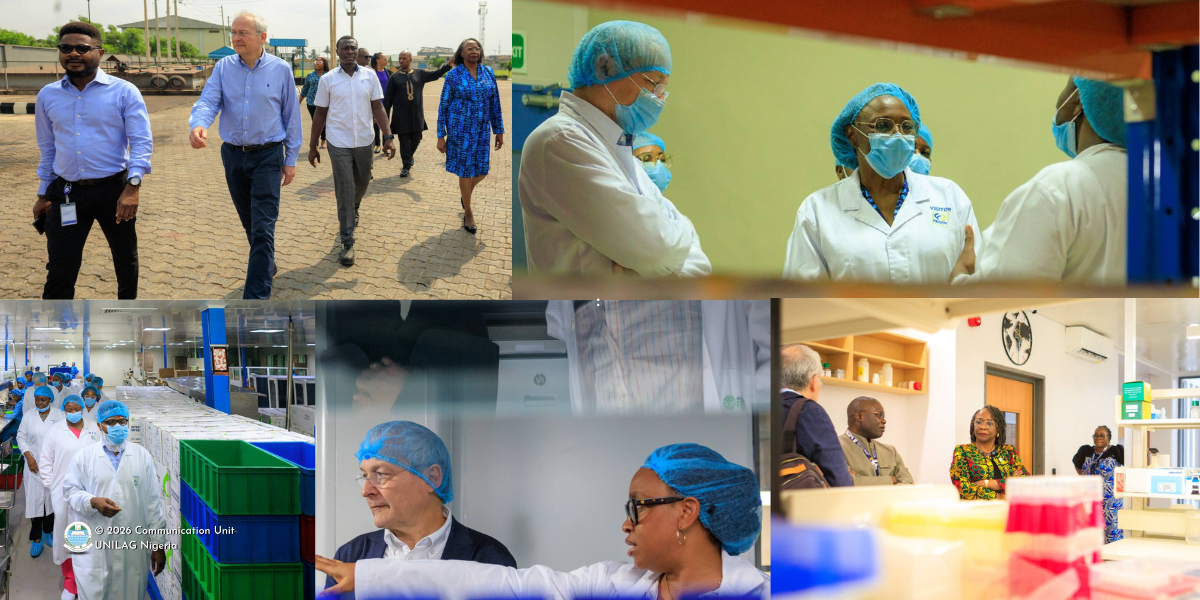Two dons of the University of Lagos (UNILAG); Professor Njideka Okubadejo, Neurologist at the Department of Medicine, Faculty of Clinical Sciences, College of Medicine, University of Lagos (CMUL) and Dr. Iorhen Akase, Infectious Diseases Physician, at the Infectious Diseases Unit, Department of Medicine, CMUL; have made a groundbreaking research on the neurological manifestations of long COVID in Nigeria, and published same in the prestigious Journal of NeuroVirology.

This study, carried out in collaboration with researchers from Northwestern University led by Prof. Igor J. Korlanik, was funded by the Robert J. Havey, MD Institute for Global Health Research Catalyzer (award 1055) at NorthwesternUniversity, Evanston, Illinois, USA.
This landmark study is the first of its kind to explore neuro-long COVID in sub-Saharan Africa and it points out the critical need for awareness, diagnosis, and treatment of the condition in the region.
Key Findings

The study involved 2,319 participants with the following key findings:
•Incidence of Neuro-Long COVID: 4.6% of participants reported neurologic symptoms, with higher rates among previously hospitalized patients (11.5%) compared to those with mild COVID-19 (3.9%).
•Common Symptoms:
- Memory problems/brain fog (59.4%)
- Fatigue (55.7%)
- Sleep disturbances (32%)
- Headache (31%)
- Numbness or pins and needles (11.3%)
- Muscle pain (9.4%)
•Cognitive Impairment: Among participants who underwent cognitive assessments, 16.9% displayed mild cognitive impairment.
The findings demonstrate that many patients continue to experience symptoms up to two years after recovering from COVID-19, posing significant public health and socio-economic challenges.
Implications and Next Steps
The study highlights the urgent need for improved screening, diagnosis, and clinical care for neuro-long COVID in Nigeria. Dr. Akase emphasized the importance of raising awareness about the condition:
“It is so rewarding to document these findings despite the challenges posed by a resource-limited setting. This study demonstrates that even in difficult circumstances, impactful research can be done to benefit our communities.”
In response to these findings, UNILAG’s post-COVID clinic at the Lagos University Teaching Hospital (LUTH) plans to initiate rehabilitation programs and treatments to alleviate patient suffering.
Additionally, the researchers aim to explore targeted treatments for brain fog and cognitive dysfunction in future studies, addressing the significant impact of neuro-long COVID on quality of life and productivity.
A Call to Action
UNILAG is committed to fostering innovative research and addressing public health challenges. This study is a clear demonstration of the resilience and excellence of Nigerian scientists in contributing to global health solutions.





